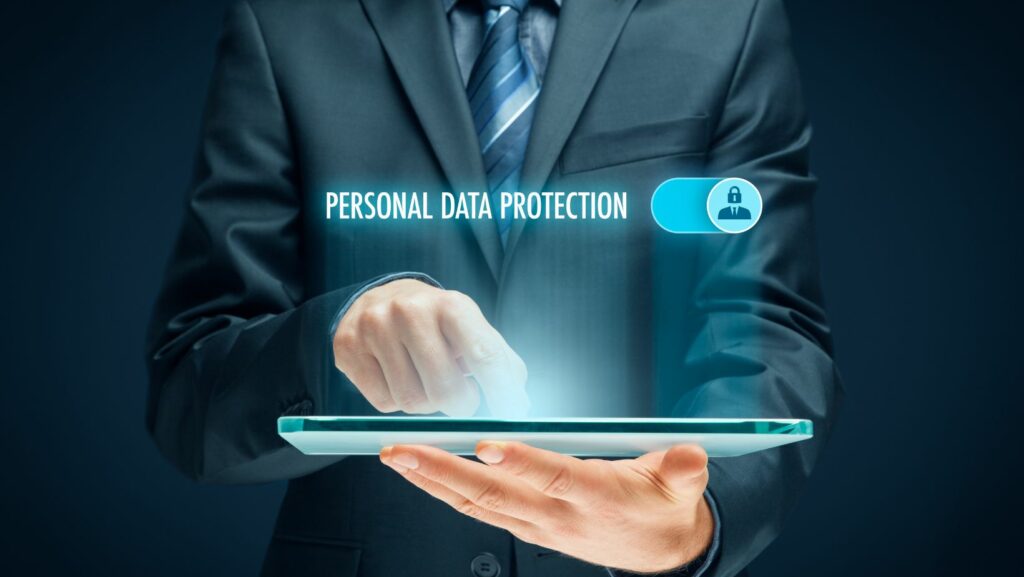How to Protect Your Personal Data Online

News of data breaches has become commonplace on various outlets these days. Tragically, many more incidents of a lower scale go unreported. Every data breach exposes personal data to criminals who may use it for malicious activities like accessing cash in banks, selling it to marketing firms, phishing, and impersonation. This article provides a few tips to prevent your data from being accessed by unauthorized parties online.
Verify Websites Where You Share Your Data
Many rogue websites will collect personal data using legitimate means, such as creating an account and doing malicious activities with it. This is why it is important to verify the websites where you share your information.
Start by checking if the websites have security features such as SSL certificates before joining. Second, check what others have reviewed about them. Avoid joining sites with past incidences of data theft or issues like fraud.
Gamers can find tens of reviews on casinos, poker, and other gaming sites online. If you are one of them, you may also want to check out websites like Blackjack.Guide to learn how to play this awesome game on a legitimate casino website.
Create Robust Passwords
When creating a password for a site or device, do not use words that any criminal would figure out with ease. Such include your name, birthday, current year, or location. Ensure that your password is at least eight characters long and has a mix of upper- and lower-case letters. Add symbols and numbers to make it robust.
Besides, make it a habit to change your passwords periodically. This saves you from any data loss from possible leakages that may have happened. Additionally, create unique passwords for each site you join. Using the same password across sites increases the risk that a criminal may access all your sites if they figure it out.
You should also consider activating two-factor authentications. They add a layer of security to passwords, such that one would need extra authentication even if they had your password.
Avoid Providing Unnecessary Personal Data
When filling out online forms and data on websites, avoid giving data that is not absolutely necessary. This data is asked in the optional spaces of your form. Just provide the data that is absolutely necessary for the account to function.
In the same breath, avoid oversharing personal information and intimate details of your life on social media. First, this is very annoying. Second, it makes it easier for criminals to create their persona with the collected data.
If you wish to subscribe to several digital products, provide them with an email. Email lists are rented or even sold on the dark web. Therefore, your data can fall into unsafe hands. Therefore, you do not need to mix subscriptions with emails that contain sensitive personal data.
Take a Look at Privacy Settings
Most online accounts, especially social media, give you several security options that you can activate. Unfortunately, few people take a look at the privacy settings on their online accounts. Some of the areas you should consider checking include location tracking and disabling automatic geolocation data.
Second, determine what information should be public. Do not make your contacts, detailed location, and related data public. Just provide enough data for identification in the public data settings.
Remove Unused Browser Extensions and Apps
Malicious individuals often use extensions and apps to steal personal data. Others keep changing their security policies. Unfortunately, when you are not using an app or a browser extension, you may not know about these changes. Therefore, it is best that you remove any that you are not using.
In the same vein, only download apps from reputable app stores. Otherwise, you risk installing malicious tools on your device. Besides, be wary of the permissions you give to apps when installing them. Only allow what is important for them to run.
These are some ways you can keep your private data from falling into the wrong hands. Always be alert and restrict access to your data wherever possible. Your data hygiene keeps you from falling victim to many online scams and malicious activities.



 How to Spot a Fake Indian Betting Site Before You Log In
How to Spot a Fake Indian Betting Site Before You Log In  How Noise-Cancelling Headphones Improve Focus in a Distracted World
How Noise-Cancelling Headphones Improve Focus in a Distracted World  Advanced Modern Technologies in Medicine
Advanced Modern Technologies in Medicine